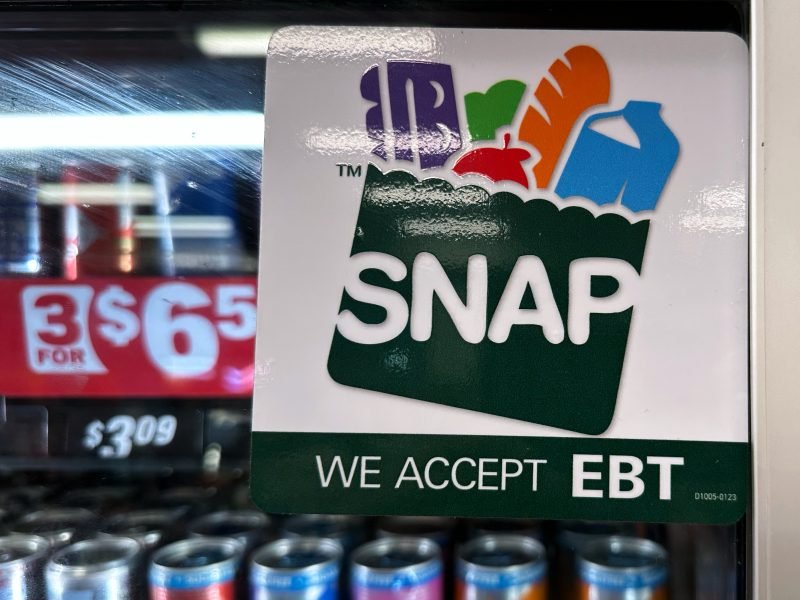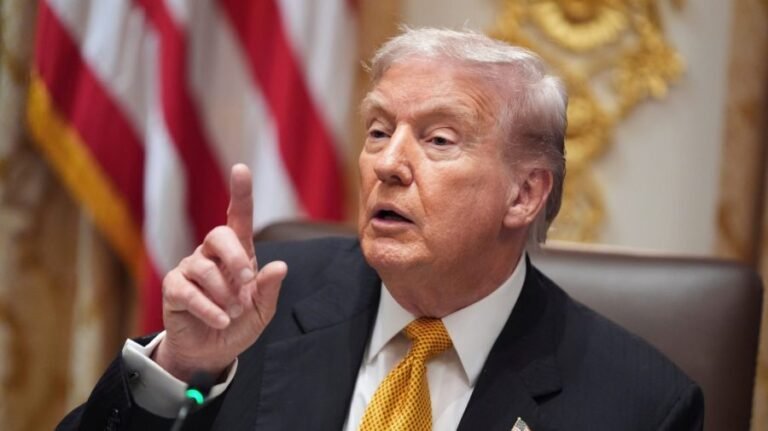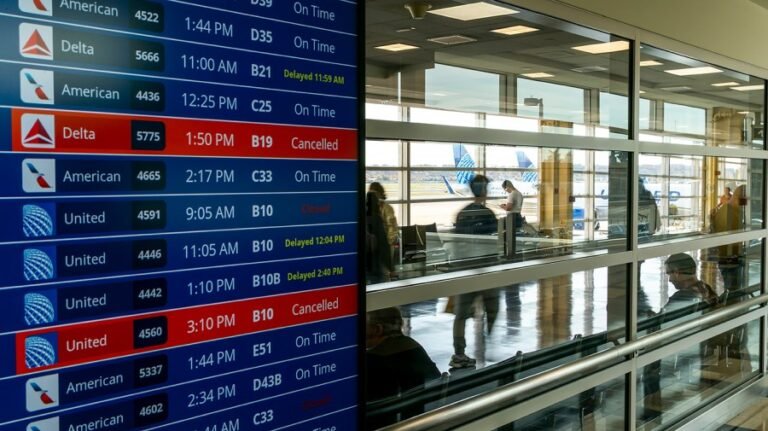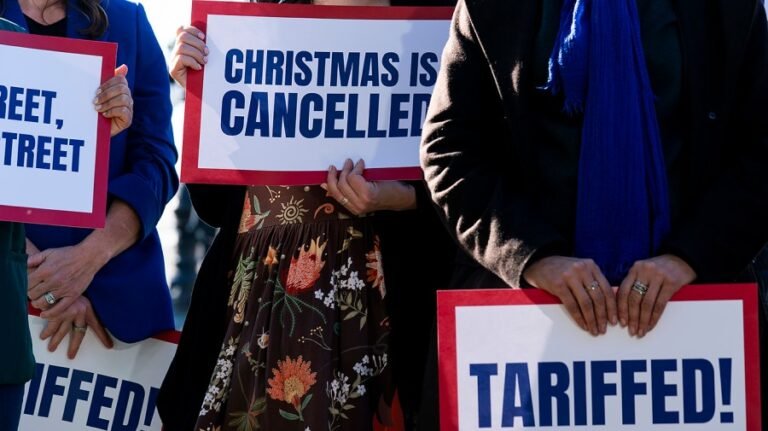
(NEXSTAR) — SNAP recipients have again been thrown for a loop after the U.S. Department of Agriculture instructed states to “immediately undo” actions they had taken to send out full food assistance benefits following a string of court decisions.
At first, states were instructed to send out partial benefits, then slightly larger benefits, then full benefits. Then Friday night, the Supreme Court responded to a request from the Trump administration to halt that latter decision for the time being, just hours after several states had sent out full SNAP benefits to their recipients.
In a directive to local SNAP directors (the USDA oversees SNAP, or the Supplemental Nutrition Assistance Program, but states administer the grocery assistance program) on Saturday, the USDA warned that those who do not “undo” their funding actions could lose out on federal cost-sharing and held responsible for the funds that have been administered.
In response to the USDA’s directive, Wisconsin Gov. Tony Evers responded with a simple “No.” According to a Saturday court filing submitted by 26 states, Wisconsin has “insufficient funds to reimburse retailers for their provisions sold to SNAP recipients” after the U.S. Treasury declined the transaction to fill the state’s SNAP EBT cards.
The lack of money could leave vendors unpaid and trigger escalating legal claims, the states warned. “States could face demands to return hundreds of millions of dollars in the aggregate,” the states’ filing at the 1st Circuit Court of Appeals says.
In a filing in federal court on Sunday, the agency said states moved too quickly and erroneously released full money SNAP Benefits after last week’s rulings. The USDA did not immediately respond to Nexstar’s request for comment or additional details.
Though the Senate is believed to be nearing a deal to reopen the government, SNAP beneficiaries may find themselves in limbo with their funds in the meantime.
What happens to SNAP benefits?
In several states, officials have confirmed that benefits sent out to recipients on Friday remain available.
Nearly 32,000 Coloradans received their full SNAP benefits before the Supreme Court’s decision, and they will keep their funds, Gov. Jared Polis told Nexstar’s KDVR on Sunday. Partial benefits will be paid out to the thousands of others awaiting funds, albeit with a 35% reduction.
Illinois said it was also distributing partial benefits to SNAP customers.
In Oregon and Washington, officials said full benefits had been sent out on Friday and would not be withdrawn, allowing recipients to use their funds as usual. Connecticut Governor Ned Lamont said Saturday that full benefits had been loaded onto SNAP EBT cards, with some funds coming from the state.
Officials in New Jersey said they are “monitoring developments” while encouraging SNAP beneficiaries to check their EBT card balances.
Massachusetts Governor Maura Healey similarly said the state was working to get SNAP recipients their funds while noting benefits already loaded onto EBT cards could be used to buy food. Healey said that if Trump attempts to claw back the money, “we will see him in court.”
In Hawaii, where at least some SNAP recipients received full benefits on Friday, health officials said they have “not received reports of widespread issues with SNAP EBT transactions being declined” in the state. Officials were continuing to monitor the situation, and said a $250 Hawai‘i Emergency Food Assistance Program (HEFAP) benefit is set to be available on EBT cards on Monday.
In Michigan, authorities said benefits not yet issued for November “will remain paused until the courts or the USDA take further action.” California‘s Department of Social Services has warned that some may see their benefits “further delayed” following the Supreme Court’s order.
Some in New York began receiving November SNAP benefits on Sunday, Gov. Kathy Hochul said. On Friday, she directed state agencies to “fully fund” SNAP, Nexstar’s WPIX reported, but it’s unclear whether New Yorkers were receiving full or partial funds on Sunday.
Governor Wes Moore called for the state of Maryland to provide a supplemental benefit of 50% of the funds SNAP recipients there typically get, with payments expected to start going out on Tuesday.
Moore said in an interview on CBS on Sunday that “in the past six days, we’ve received four different measures of guidance” from the Trump administration.
“There is a chaos, and it is an intentional chaos, that we are seeing from this administration,” Moore said.
Ohio has delayed its SNAP benefits, as has South Dakota, where benefits were expected to go out in full on Monday.
If you’re uncertain about the status of your SNAP benefits, you may want to access the online portal or contact your local SNAP program to confirm the status of your funds.
The Associated Press contributed to this report.


